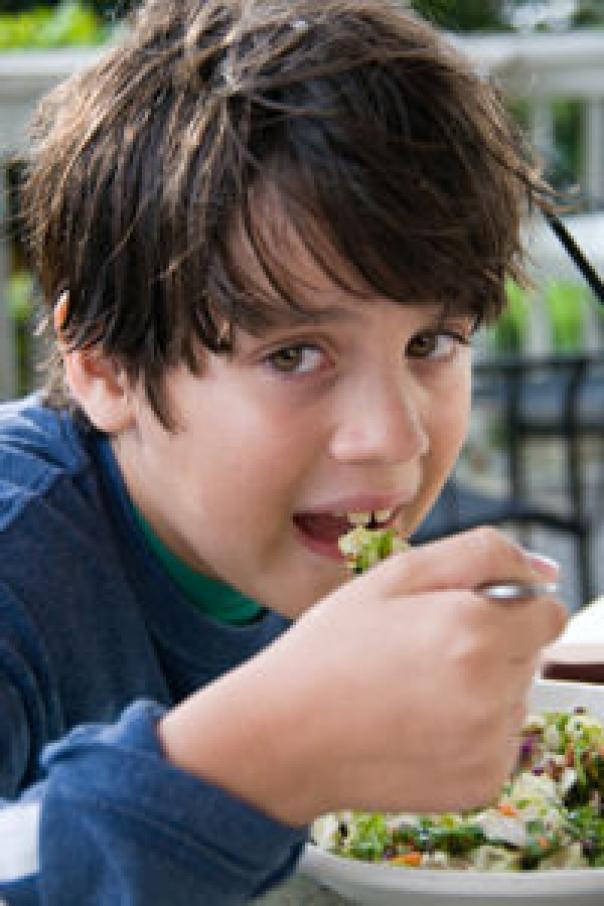BBC News raises awareness of Filling the Holiday Gap with article on intervention in Gateshead

Research carried out By Northumbria University revealed that 71% of parents found it harder to make ends meet during the summer holidays
More than six out of 10 parents with household incomes of less than £25,000 are struggling to feed their children outside of term time, according to new research by Northumbria University.
For households with incomes of less than £15,000, that figure rose to 73% of parents who said they weren’t always able to afford to buy food outside of term time.
The findings particularly affect those families receiving a free school meal, which ensures that children are guaranteed at least one wholesome meal a day.
Prof Greta Defeyter, director of Healthy Living, led the research, It revealed 71% of parents found it harder to make ends meet during the summer holidays compared with term-time, while 63% of parents find themselves without enough money for food during the summer. A staggering 93% of low income parents skip at least one meal a day to make sure their children are fed.
More than 65% of parents on low household incomes say they often feel isolated in the school holidays due to being unable to afford to feed their families, or go out and entertain their children.
Child poverty is set to become more commonly felt across the country. Prof Defeyter said: “There has been a 500,000-strong rise in the number of children in poverty, and many families have reacted by serving food laden with salt, fat and sugar because it is perceived as more filling food for the money.
“We know that food poverty becomes more acute during school holidays. “The question is, why help? Well, it’s a basic human right to have access to food for a healthy diet, and we know there’s a clear link between food and academic attainment – particularly in areas of poverty and among primary-age children.
“We are doing something about it in term time, but what about during the holidays?”
Read the BBC article and watch the video report here.
